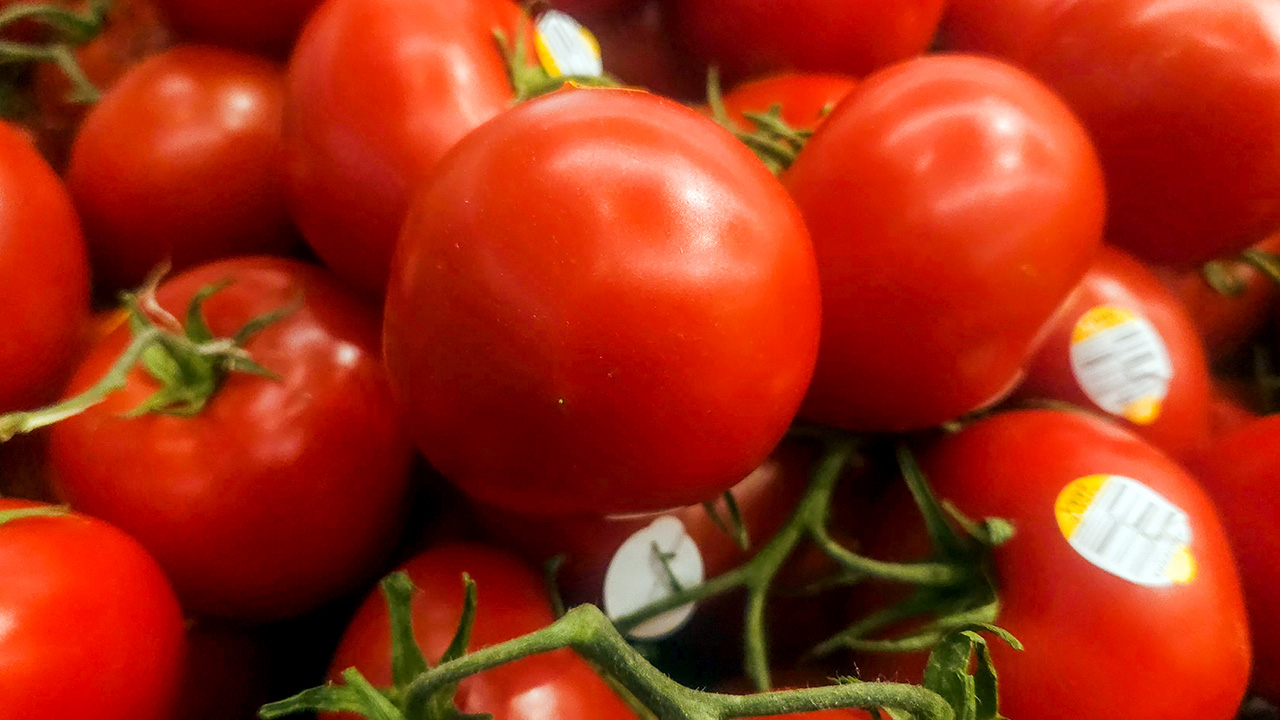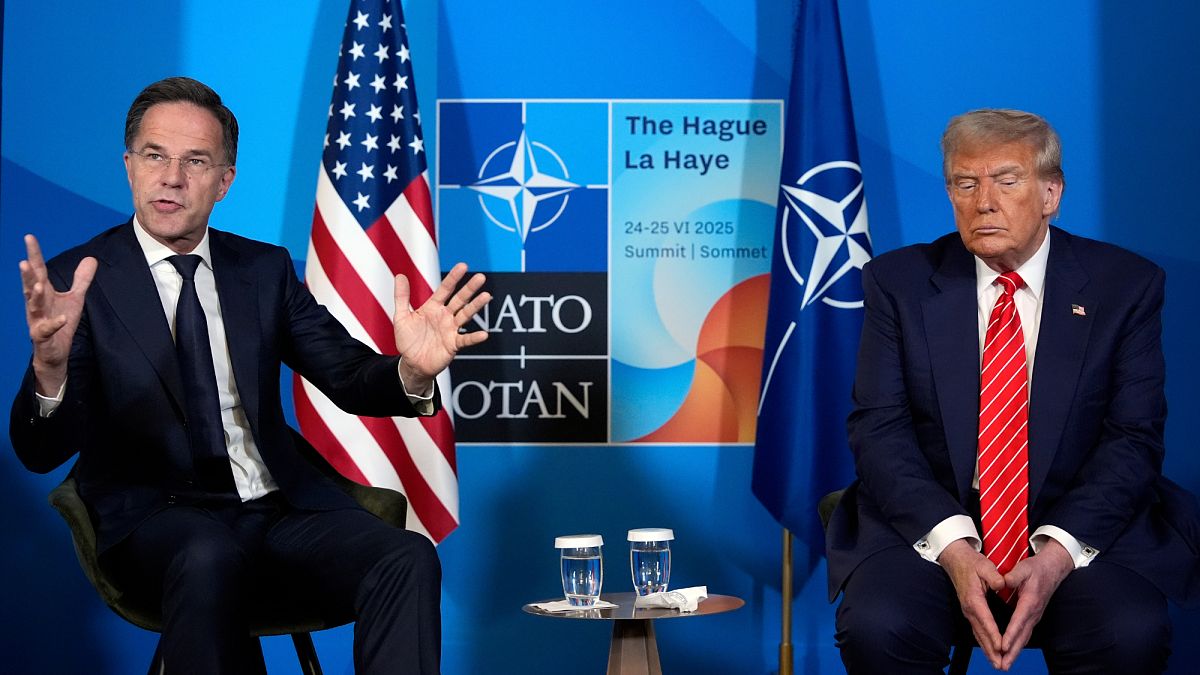Tomato trade showdown: Farm groups push back on 21% tariff on Mexican imports

Farm groups and Republican lawmakers are sounding the alarm over a 21% tariff that goes into effect on Monday that hits fresh tomato imports from Mexico, threatening to shake up a North American supply chain that provides billions of pounds of tomatoes to U.S. consumers each year.
At the heart of the battle is the termination of the Tomato Suspension Agreement, a trade pact first signed in 1996 and last updated in 2019. The deal paused anti-dumping duties in exchange for Mexican exporters agreeing to price minimums. But in April, the U.S. Commerce Department announced it would withdraw from the agreement, citing its failure to protect domestic growers from artificially low-priced imports.
A Divided Tomato Industry
The tariff has exposed a stark divide between tomato growers. In Florida, where the majority of the overall supply of fresh tomatoes to the U.S. farmers are calling the move long overdue. They say years of cheap imports have eroded the U.S. industry.
"We’re not afraid of competition with Mexico," Bob Spencer, owner of Florida-based West Coast Tomato, told FOX Business ahead of the deadline. "But if we keep going the way we are, Mexico will have a monopoly. That’s not good for the American consumer. We need strong growers in both Mexico and Florida, and Americans deserve a choice."
Spencer, whose family has farmed tomatoes since the 1920s, argues that Mexico’s lower labor costs and less stringent regulations have created an uneven playing field.
TRUMP'S BOLD TARIFF STRATEGY HAS FRENCH CHEESE AND WINE MAKERS TREMBLING WITH UNCERTAINTY
Spencer says it’s a nationwide problem impacting not only growers and local economies in the Sunshine State, but other states that grow in the U.S.
Steve Longmire, owner and operator of Tennessee Homegrown Tomatoes, agrees.
"They need to stop dumping tomatoes into this country," he said, citing price differences that undercut his $20–$25 per box production cost.
Critics: Tariff Will Hurt Prices and Investment
Critics warn that reinstating the duty will spike consumer prices and stunt innovation in the fast-growing greenhouse sector.
TRUMP ANNOUNCES SWEEPING 50% TARIFF ON BRAZILIAN IMPORTS STARTING AUG. 1
"A tariff just takes away the financial capacity to expand U.S. greenhouses," said Tom Stenzel, executive director of the Controlled Environment Agriculture Alliance.
Stenzel noted that 70% of tomatoes imported from Mexico are now greenhouse-grown, and many U.S. companies have expanded operations across North America to keep pace with demand. Although exporters can seek reimbursement for the tariffs, Stenzel argues that the upfront duties and bond requirements could take two years to get back – and those are the costs that would be passed on to U.S. retailers and shoppers.
NatureSweet, a major greenhouse tomato grower based in Mexico, also pushed back. The company told FOX Business the suspension agreement has stabilized prices for nearly 30 years and its removal could lead to volatile supply and price spikes.
"As a Texas-based U.S. company in a low-margin business, we will really have no choice but to raise prices by close to 10% in order to be able to continue bringing our healthy vine-ripe specialty tomatoes to our consumers," Skip Hulett, chief legal officer for NatureSweet, told FOX Business last week.
Although the company will try to absorb some of the costs, the reality is not so simple.
A Growing Share from Mexico
Mexican-grown tomatoes now account for nearly 70% of the U.S. market, up from 30% two decades ago. Meanwhile, American growers’ share has plummeted from 80% in 1996 to just 30% today. The Florida Tomato Exchange claims dumping margins of up to 273% below the agreed minimums continue to harm domestic farmers.
GET FOX BUSINESS ON THE GO BY CLICKING HERE
"The only way to level the playing field is to end the agreement and enforce fair trade," said Robert Guenther, executive vice president of the exchange.
Political Pressure Mounts
Republican lawmakers from states dependent on tomato imports have joined the opposition. In a June letter to the Commerce Department, Reps. Andy Biggs, R-Ari., and Tony Gonzales, R-Texas, argued the suspension agreement has preserved American jobs, encouraged innovation, and prevented overregulation.
But, both those who want stricter enforcement against alleged dumping and those who see tariffs as a threat to market stability agree on one thing: the decision could reshape the tomato industry in North America for years to come.


















































.png?Expires=1838763821&Key-Pair-Id=K2ZIVPTIP2VGHC&Signature=IO0~CT3pU-TcxGc~yoZSmoQx23MZVuK-~4jSii~NKEblRmyO3el7NXPu~Rh1o23voASg7hlcHLw4kvQuDK1jssEhcjoNBBvEpZ~GGOAU6yosBhpHpeF179F~h7i6VxmsBNh9gtTutkoqY73O2YCFey~IAqSzKbBqETP1kP9cAg1916Z1YkJJs-5MliMrkZ5d7-mWGLbpHp2wGj2VlMph8XzYlL4~y1O7fB~JdIS~Rs4RMRs2x0WT1qUIpHAsf3GdwtOyAmKFSpIg8xCyNGZZ5h~13nXlmpd7uPvW8tBfttpG9pFTqcway-uch5WyfHOEfi7UlJCOWrr6fCYY5PMgSg__)







